It’s easy to throw stones at all the things that aren’t so good about the internet and social media, but we don’t nearly as often hear about the wonderful things that also come from using technology to connect with others.
Like, for example, being able to connect with some terrific people you otherwise would never meet!
Just recently, one of those terrific people I’ve recently met through social media reached out to me about the topic of why church leaders abuse people. This fellow is a devoted Christian, a sharp guy who has seen abuse happen by church leaders, and is concerned about it. He leads a ministry that has a popular website, and wanted to talk about why leaders abuse others and see how his website might be able to do something on the topic.
I pointed out to my friend that, like any other problem, it’s important to identify the root cause(s) of a problem in order to effectively address or resolve it. First, we started with this premise: When God calls a godly man, who meets His biblical standard, and follows the biblical model for church and ministry, then the fruit of that will not be someone who purposely hurts others. So our discussion turned to the question of why church leaders abuse other people, and here are seven key reasons we discussed:
7 Reasons Why Church Leaders Abuse People
1. The practice of sin; the presence of evil.
Where there are patterns of abuse, there is the practice of sin.
2. Wrong people in the ministry.
More than 1,700 pastors quit each month. We tend to automatically think it’s because these ministers have burned out, etc., but several of the pastors who quit should never have been ordained and in vocational ministry in the first place. That’s because some of them do not meet the biblical qualifications to be pastors; for others who do, many go into ministry inadequately equipped, some who even have never been personally discipled. New attention needs to be given to churches and denominations about their examination process for those they are ordaining into ministry.
3. Wrong method of how we structure a church.
Many churches today are structured in such a way as to place all “power” into the hands of a single individual, usually a senior pastor. Instead of structuring a church by biblical example, with a plurality of elders, many churches are structured as if they are a pastor’s personal fiefdom. Instead of elders or deacons, we have “management teams” who serve at the whim of a charismatic or controlling pastor, with little to no accountability to others. This kind of power position is a breeding ground for abuse.
4. Corruption from a broad-based addiction to leadership.
Leadership, leadership, leadership. That’s almost all you hear about in church leadership circles. What leadership books are you reading? What leadership conferences are you attending? How many new leaders are you developing? And sadly, much (most?) of what is written about leadership, and taught at church conferences as leadership, are business leadership models and principles, NOT biblical teaching about servant leadership. One outcome is many church leaders would rather spend their time with other church leaders than with the flock they’re supposed to be shepherding. When you adopt a worldly model, you’ll be working from the flesh, not walking, led, and empowered by the Holy Spirit. That’s why many of today’s leadership structures in the church are based on the pastor as CEO and leading an “organization,” not a structure of an under-shepherd serving the family of God. This corruption of leadership is also a breeding ground for abuse, as CEO pastors see church members as volunteers there to accomplish their vision. To get them to do that, manipulation, control, and other abuse can occur.
So many who “mentor” ministers teach church leaders to create their own platforms and promote it broadly and constantly. That makes “being a leader” about pursuing and achieving “success.” Using people to achieve that often results in abuse.
6. Sin.
This isn’t the practice of sin, which was the first item mentioned, this is that occasional fall that any and all of us can have in our lives. A pastor can become so over-worked, under-rested, and under-appreciated he could snap at someone or otherwise exercise poor decision-making. This can be rectified quickly with confession and repentance, and usually isn’t an ongoing problem unless the minister fails to fix the things in his life that led him to this momentarily lapse in sin.
7. Mental health issues.
Just like the general population, many ministers struggle with mental health issues, from things as simple as temperament weaknesses and dealing with stress, to working from patterns of irrational thinking or developing habits of cognitive distortions. These can lead to conflict and, if not handled properly, may lead to abuse. Also like the general population, a sizable percentage of ministers say they do suffer, or have suffered, from a diagnosed mental illness. These can include anything from narcissistic tendencies, depression, and chronic anxiety, to bipolar disorder and borderline personality disorder. If a minister doesn’t receive appropriate treatment for a mental illness, his illness could contribute to inappropriate treatment of others.
There are other reasons why church leaders abuse people, these are some of the primary reasons. When you identify a root cause to a problem, you can then identify some of the ways to fix a problem. For the issues shared above, some things to do to fix some of these issues include:
- The personal holiness of those who claim to be called to church leadership of any kind. Have they been discipled, trained, and equipped? Is their covenant relationship with Jesus Christ authentic and mature enough to move into ministry?
- So the assessment process for licensure or ordination of ministerial candidates must be explored and addressed.
- How churches are structured must be explored and addressed.
- How to address falls (not a practice) of sin must be learned.
- The plight of leadership addiction must be addressed in the church. We must change what it means to be a leader in the church.
- Whether there are mental health issues or illness needs to be identified and treated.
- All Christians need to be discipled to spiritual maturity.
Just as there are other causes for church leaders abusing people, there is more to be done to resolve such issues as well. Abuse of any kind, by anyone, anywhere is not acceptable, but it certainly must never be tolerated in the church among church leaders. We need to look closely at why some church leaders abuse people, and take every necessary action to stop the abuse, see to healing of the abused, aim for restoration and discipleship of the leader, and be proactive in preventing any opportunity for abuse to occur in the church by its leaders.
This article originally appeared here.

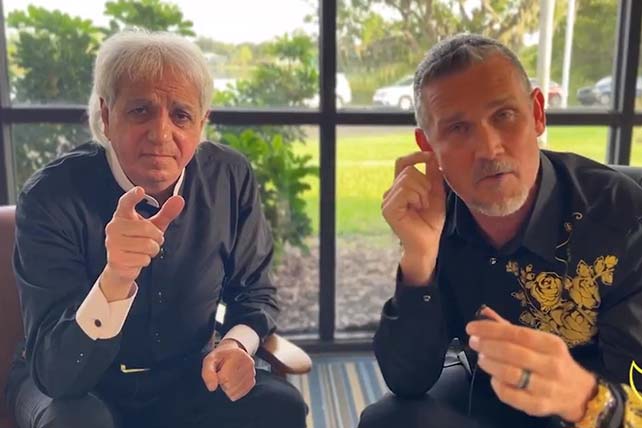


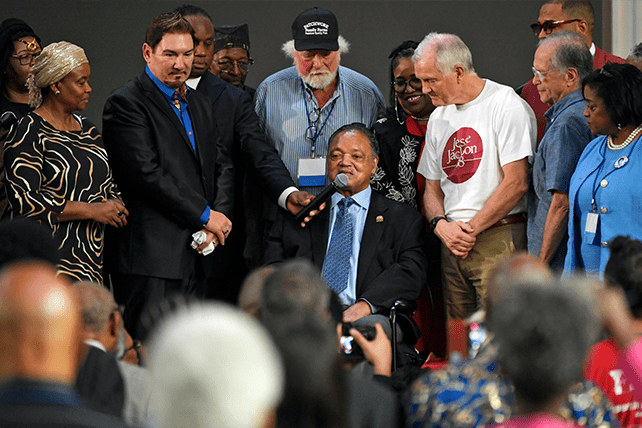
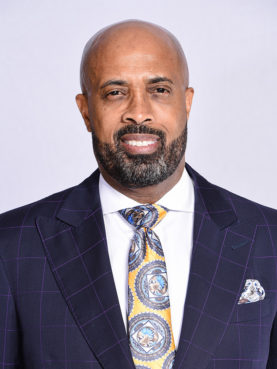
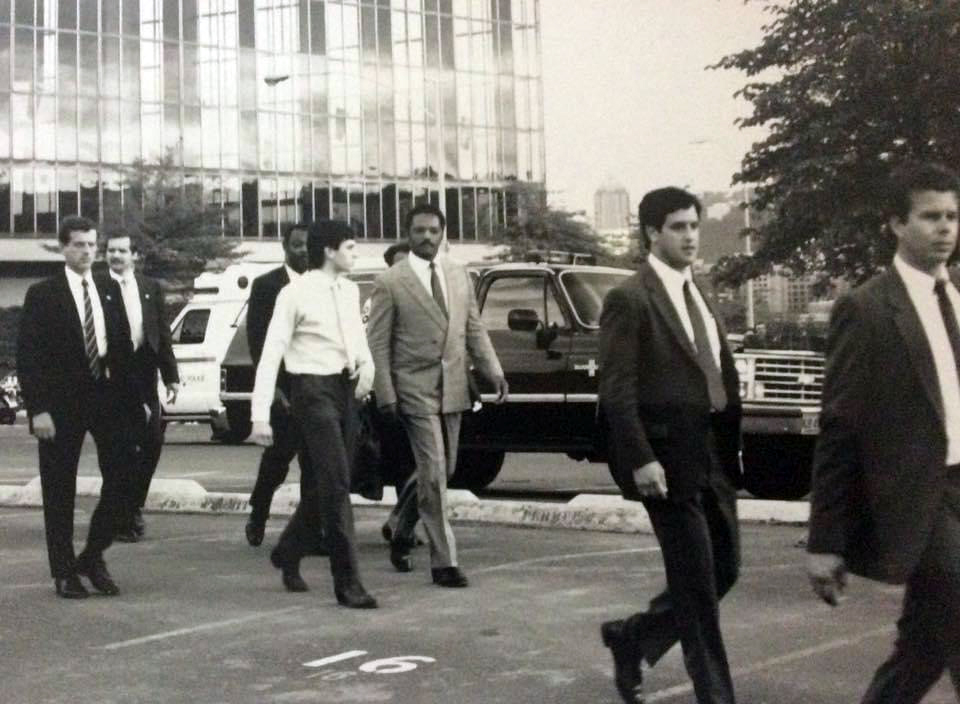





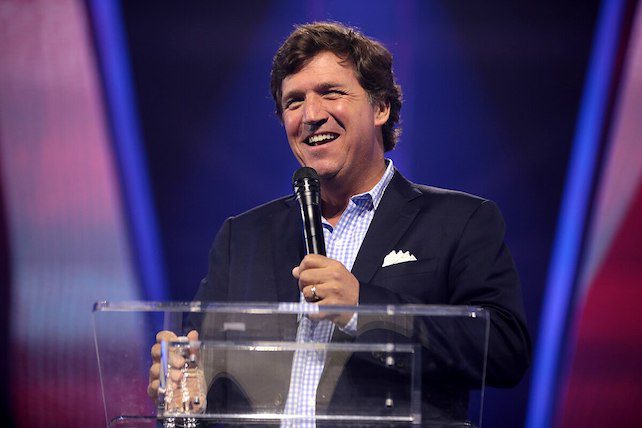







 As pastors and ministry leaders, we give consideration to the value of incorporating healthy rhythms into our lives and ministries, but we oftentimes struggle with making those rhythms a reality. In this week’s conversation on FrontStage BackStage, host Jason Daye is joined by Holly and Glenn Packiam, who serve at Rock Harbor in Costa Mesa, California. Glenn serves as the lead pastor, and Holly, who earned her master’s degree in counseling from the University of Colorado, has served as pastor of parenting ministries. They are the authors of “The Intentional Year,” and the follow-up companion to that book, “The Intentional Year Journal.” Together, Holly, Glenn and Jason explore the importance of incorporating healthy rhythms into our lives. Holly and Glenn share from personal experience simple ways to not only talk or think about these rhythms but to actually implement them.
As pastors and ministry leaders, we give consideration to the value of incorporating healthy rhythms into our lives and ministries, but we oftentimes struggle with making those rhythms a reality. In this week’s conversation on FrontStage BackStage, host Jason Daye is joined by Holly and Glenn Packiam, who serve at Rock Harbor in Costa Mesa, California. Glenn serves as the lead pastor, and Holly, who earned her master’s degree in counseling from the University of Colorado, has served as pastor of parenting ministries. They are the authors of “The Intentional Year,” and the follow-up companion to that book, “The Intentional Year Journal.” Together, Holly, Glenn and Jason explore the importance of incorporating healthy rhythms into our lives. Holly and Glenn share from personal experience simple ways to not only talk or think about these rhythms but to actually implement them.







